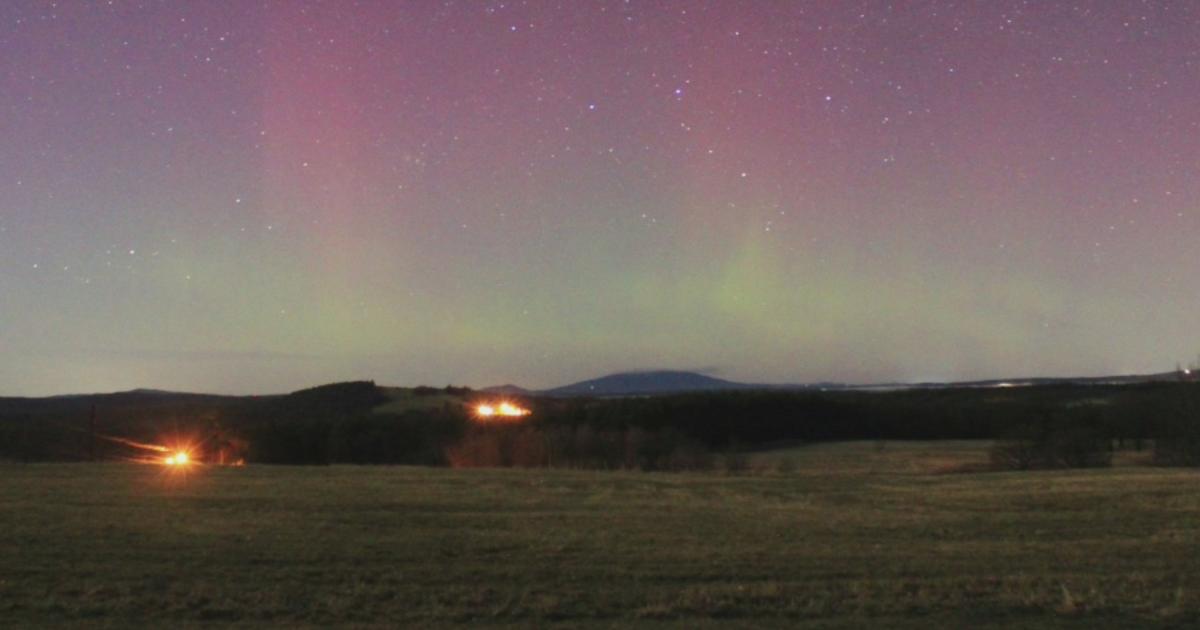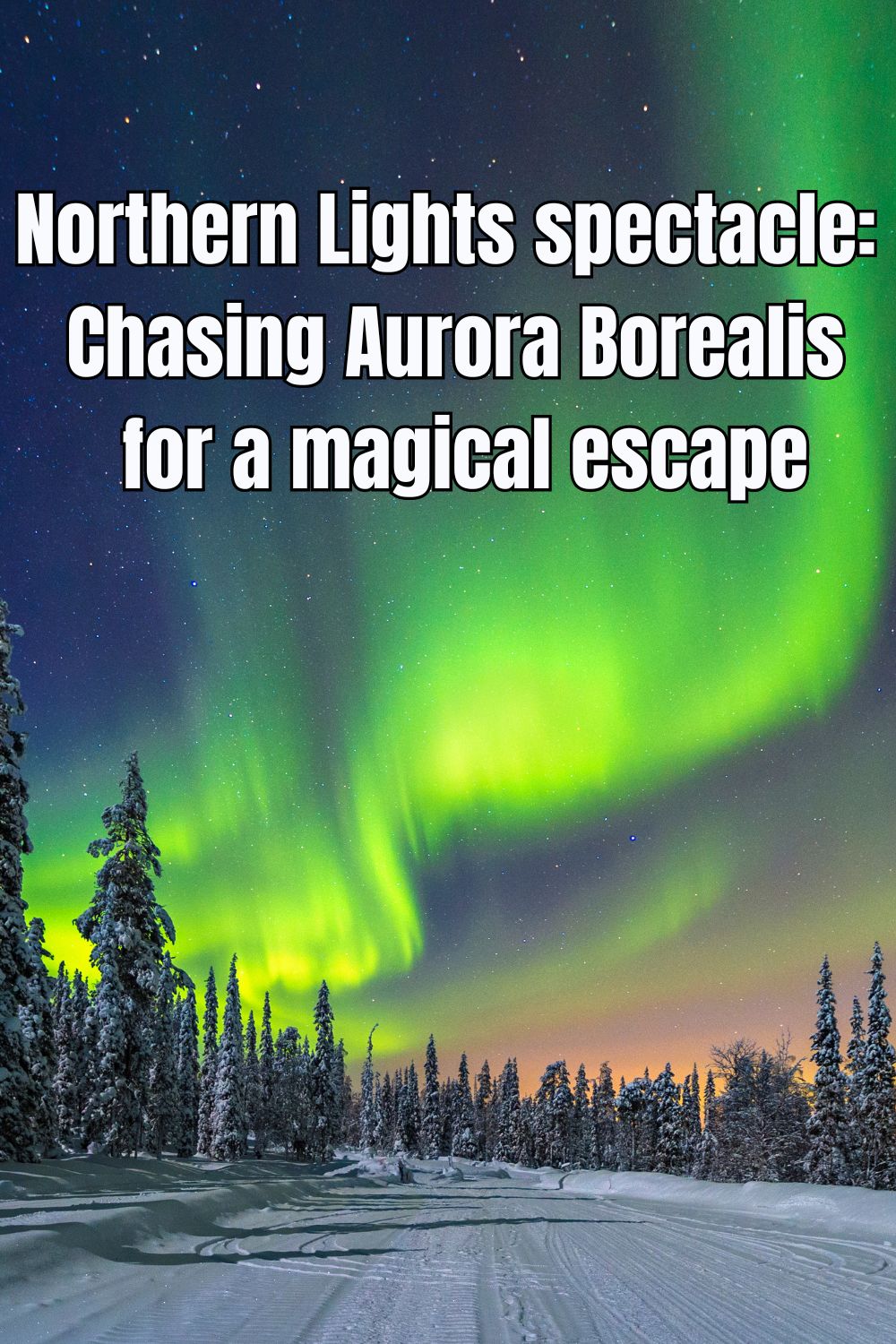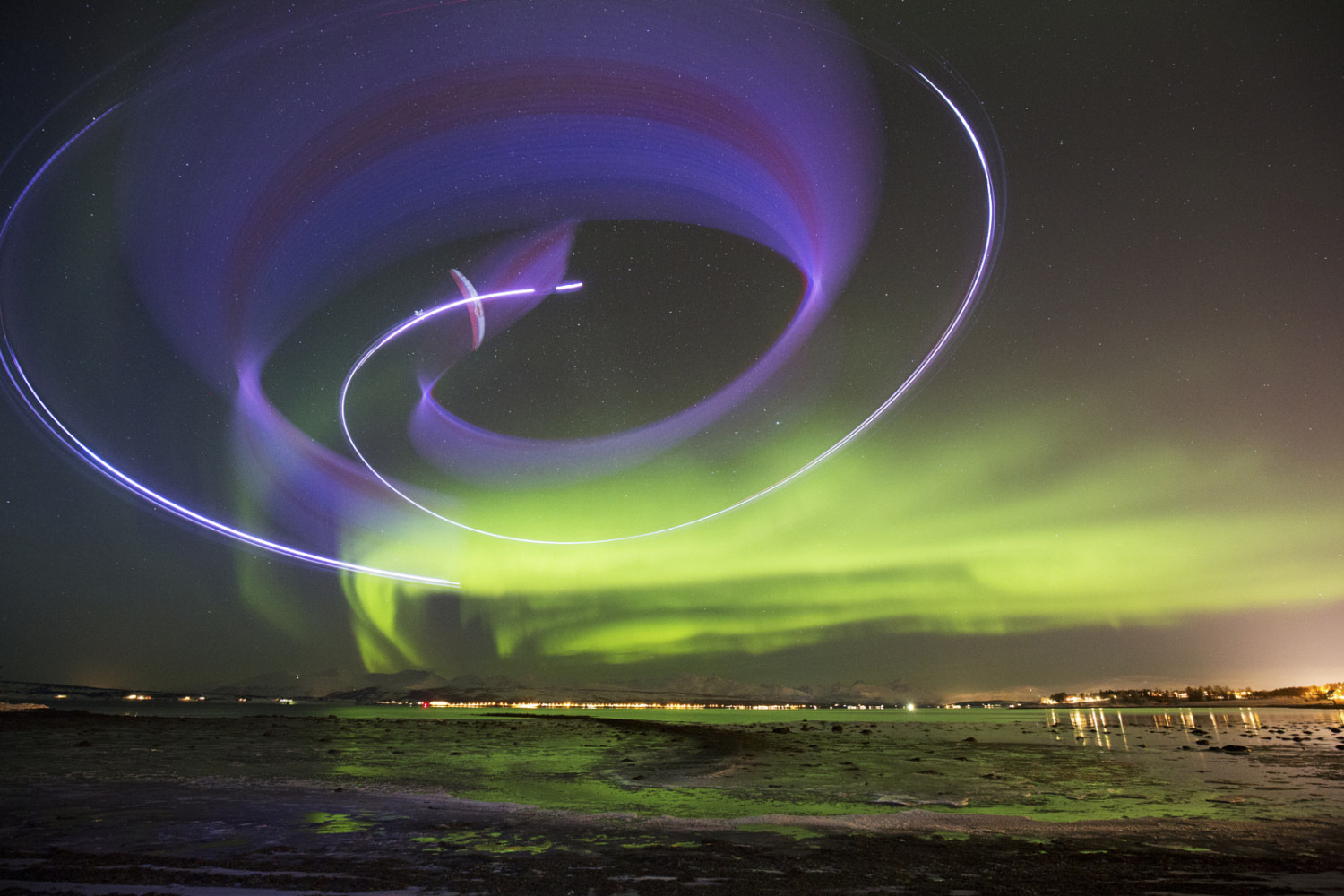Chasing the Elusive Aurora Borealis in Massachusetts: A Guide to the Celestial Spectacle
Related Articles: Chasing the Elusive Aurora Borealis in Massachusetts: A Guide to the Celestial Spectacle
Introduction
With enthusiasm, let’s navigate through the intriguing topic related to Chasing the Elusive Aurora Borealis in Massachusetts: A Guide to the Celestial Spectacle. Let’s weave interesting information and offer fresh perspectives to the readers.
Table of Content
- 1 Related Articles: Chasing the Elusive Aurora Borealis in Massachusetts: A Guide to the Celestial Spectacle
- 2 Introduction
- 3 Chasing the Elusive Aurora Borealis in Massachusetts: A Guide to the Celestial Spectacle
- 3.1 Understanding the Aurora Borealis: A Celestial Symphony of Light and Energy
- 3.2 Can You See the Northern Lights in Massachusetts?
- 3.3 Factors Influencing Aurora Visibility in Massachusetts: A Guide to Timing and Conditions
- 3.4 Finding the Best Spots for Aurora Viewing in Massachusetts: Seeking Darkness and Clear Horizons
- 3.5 Tips for Observing the Aurora Borealis in Massachusetts: Enhancing Your Chances
- 3.6 Frequently Asked Questions about the Northern Lights in Massachusetts
- 3.7 Conclusion: The Enchanting Spectacle of the Aurora Borealis in Massachusetts
- 4 Closure
Chasing the Elusive Aurora Borealis in Massachusetts: A Guide to the Celestial Spectacle

While the northern lights (Aurora Borealis) are often associated with destinations far north, like Alaska or Iceland, the possibility of witnessing this celestial spectacle in Massachusetts might surprise many. While the chances of seeing the Aurora Borealis in Massachusetts are significantly lower than in more northern latitudes, it is not entirely impossible. This article delves into the fascinating world of the Aurora Borealis in Massachusetts, exploring its occurrence, factors influencing its visibility, and practical tips for increasing your chances of catching a glimpse of this natural wonder.
Understanding the Aurora Borealis: A Celestial Symphony of Light and Energy
The Aurora Borealis, often referred to as the Northern Lights, is a mesmerizing display of vibrant, dancing lights in the night sky. This natural phenomenon occurs when charged particles from the sun, known as the solar wind, interact with the Earth’s magnetic field. These particles, primarily electrons and protons, are drawn towards the Earth’s poles, where they collide with atoms and molecules in the atmosphere. This collision excites these atoms, causing them to emit light, creating the spectacular auroral displays.
The color of the Aurora Borealis depends on the type of gas atom involved in the collision. Oxygen atoms emit green and red light, while nitrogen atoms produce blue and purple hues. The intensity and frequency of auroral displays vary depending on the strength of the solar wind, the Earth’s magnetic field, and other factors.
Can You See the Northern Lights in Massachusetts?
While Massachusetts is located far south of the typical auroral oval, which encompasses the northernmost regions of the globe, it is technically within the realm of possible Aurora Borealis viewing. However, the chances are significantly slimmer compared to northern regions. This is due to the following factors:
- Geomagnetic Latitude: Massachusetts lies at a much lower geomagnetic latitude than the auroral oval. This means that the charged particles from the sun have to travel further to reach the state, making the likelihood of a strong auroral display significantly lower.
- Light Pollution: Urban areas in Massachusetts, like Boston and its surrounding cities, suffer from high levels of light pollution, which can obscure the faint glow of the Aurora Borealis.
- Weather: Cloudy skies are a common occurrence in Massachusetts, especially during the winter months, which can hinder the visibility of the Aurora Borealis.
Factors Influencing Aurora Visibility in Massachusetts: A Guide to Timing and Conditions
Even though the chances of seeing the Aurora Borealis in Massachusetts are low, it’s not entirely impossible. Understanding the factors that influence its visibility can increase your chances of witnessing this celestial spectacle.
- Solar Activity: The intensity of solar activity, measured by the Kp index, plays a crucial role in determining the strength and extent of the Aurora Borealis. Higher Kp values indicate stronger solar storms and increased chances of auroral displays at lower latitudes.
- Geomagnetic Storms: These are disturbances in the Earth’s magnetic field caused by intense solar activity. During geomagnetic storms, the Aurora Borealis can extend further south, potentially making it visible in Massachusetts.
- Clear Skies: Clear, dark skies are essential for observing the Aurora Borealis. Light pollution from cities can significantly hinder visibility, so it’s crucial to find a location with minimal light interference.
- Time of Year: While the Aurora Borealis can occur throughout the year, the best time to observe it is during the winter months, when the nights are longer and darker.
Finding the Best Spots for Aurora Viewing in Massachusetts: Seeking Darkness and Clear Horizons
If you’re determined to chase the Aurora Borealis in Massachusetts, choosing the right location is paramount. Here are some tips to help you find the best spot:
- Head North: While not as far north as Maine or Vermont, locations in northern Massachusetts, like the Berkshires, tend to have lower light pollution and clearer skies, making them better options for Aurora Borealis viewing.
- Embrace the Darkness: Seek out locations away from city lights, preferably in rural areas with minimal light pollution. National parks and state forests can be excellent options.
- Find a Clear Horizon: Choose a spot with an unobstructed view of the northern sky, as the Aurora Borealis typically appears in the north.
Tips for Observing the Aurora Borealis in Massachusetts: Enhancing Your Chances
Even with the right location and conditions, observing the Aurora Borealis can be a challenge. These tips can help you enhance your chances of seeing the celestial spectacle:
- Be Patient: The Aurora Borealis can be elusive, and it may take some time to appear. Be patient and keep your eyes peeled for any signs of activity in the northern sky.
- Use a Red Light: Avoid using white light, which can disrupt your night vision. Use a red flashlight or headlamp instead, as it will minimize the impact on your ability to see the aurora.
- Check Aurora Forecasts: Websites and apps provide real-time auroral activity forecasts, which can help you predict the likelihood of seeing the Aurora Borealis on any given night.
Frequently Asked Questions about the Northern Lights in Massachusetts
1. How often can you see the Northern Lights in Massachusetts?
Seeing the Aurora Borealis in Massachusetts is a rare occurrence. While it is possible, the chances are significantly lower than in more northern latitudes.
2. What is the best time of year to see the Northern Lights in Massachusetts?
The best time to see the Aurora Borealis in Massachusetts is during the winter months, when the nights are longer and darker. However, it’s important to note that even during the winter, sightings are rare.
3. Are there any specific locations in Massachusetts that are better for seeing the Northern Lights?
While there are no specific locations in Massachusetts known for frequent Aurora Borealis sightings, heading north to areas like the Berkshires, where light pollution is lower, can increase your chances.
4. What should I do if I see the Northern Lights in Massachusetts?
If you’re lucky enough to witness the Aurora Borealis in Massachusetts, try to find a dark location with an unobstructed view of the northern sky. Enjoy the spectacle and take photos if possible.
5. What if I don’t see the Northern Lights in Massachusetts?
Don’t be discouraged if you don’t see the Aurora Borealis on your first attempt. It’s a rare occurrence, and even in northern latitudes, sightings are not guaranteed. Keep checking auroral forecasts and plan future trips during periods of high solar activity.
Conclusion: The Enchanting Spectacle of the Aurora Borealis in Massachusetts
While the Aurora Borealis might be an elusive spectacle in Massachusetts, the possibility of witnessing this celestial wonder adds an element of excitement to stargazing in the state. Understanding the factors influencing its visibility, choosing the right location, and utilizing available resources can increase your chances of catching a glimpse of this natural phenomenon. Even if you don’t see the Aurora Borealis on your first attempt, the journey of searching for this celestial marvel offers a unique opportunity to connect with the night sky and appreciate the wonders of the natural world.




/bnn/media/post_attachments/content/uploads/2023/11/aurora-borealis-20231121065947.jpg)



Closure
Thus, we hope this article has provided valuable insights into Chasing the Elusive Aurora Borealis in Massachusetts: A Guide to the Celestial Spectacle. We thank you for taking the time to read this article. See you in our next article!

